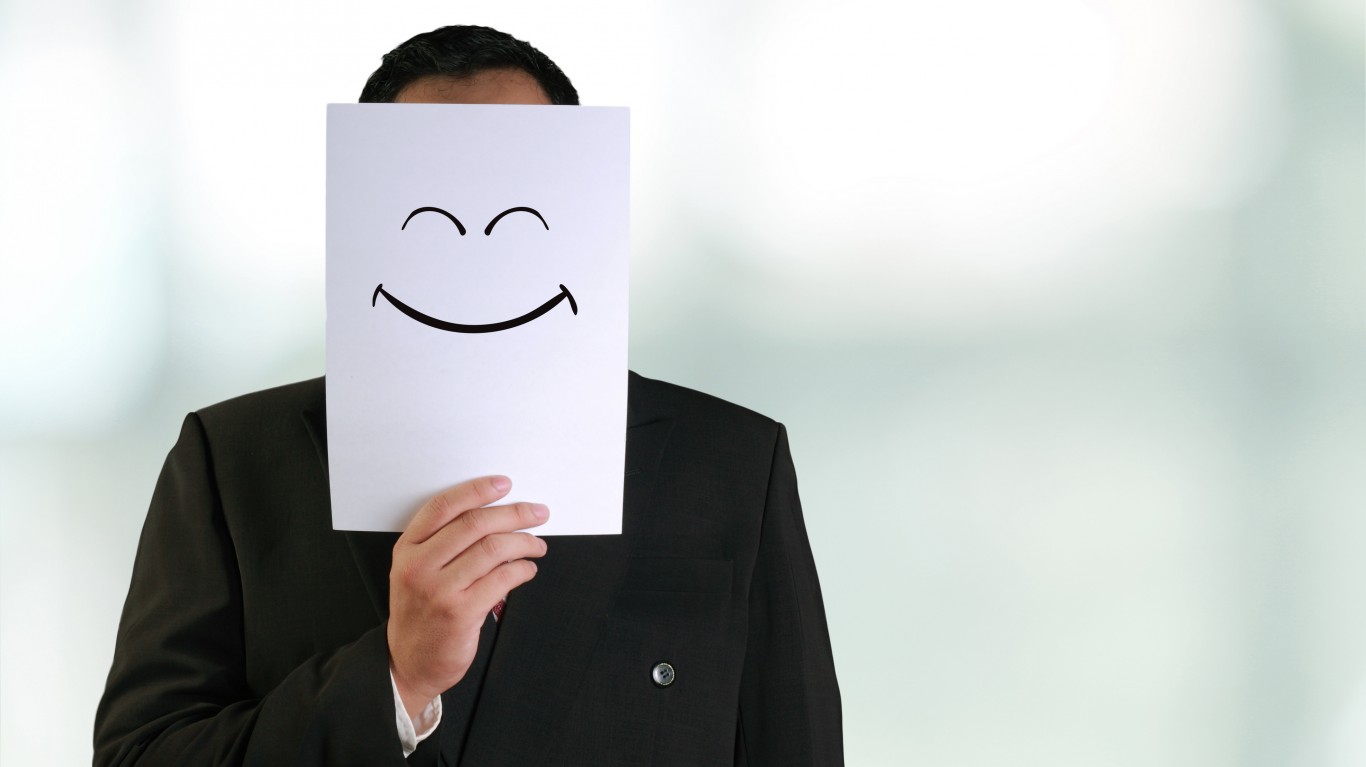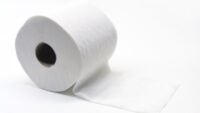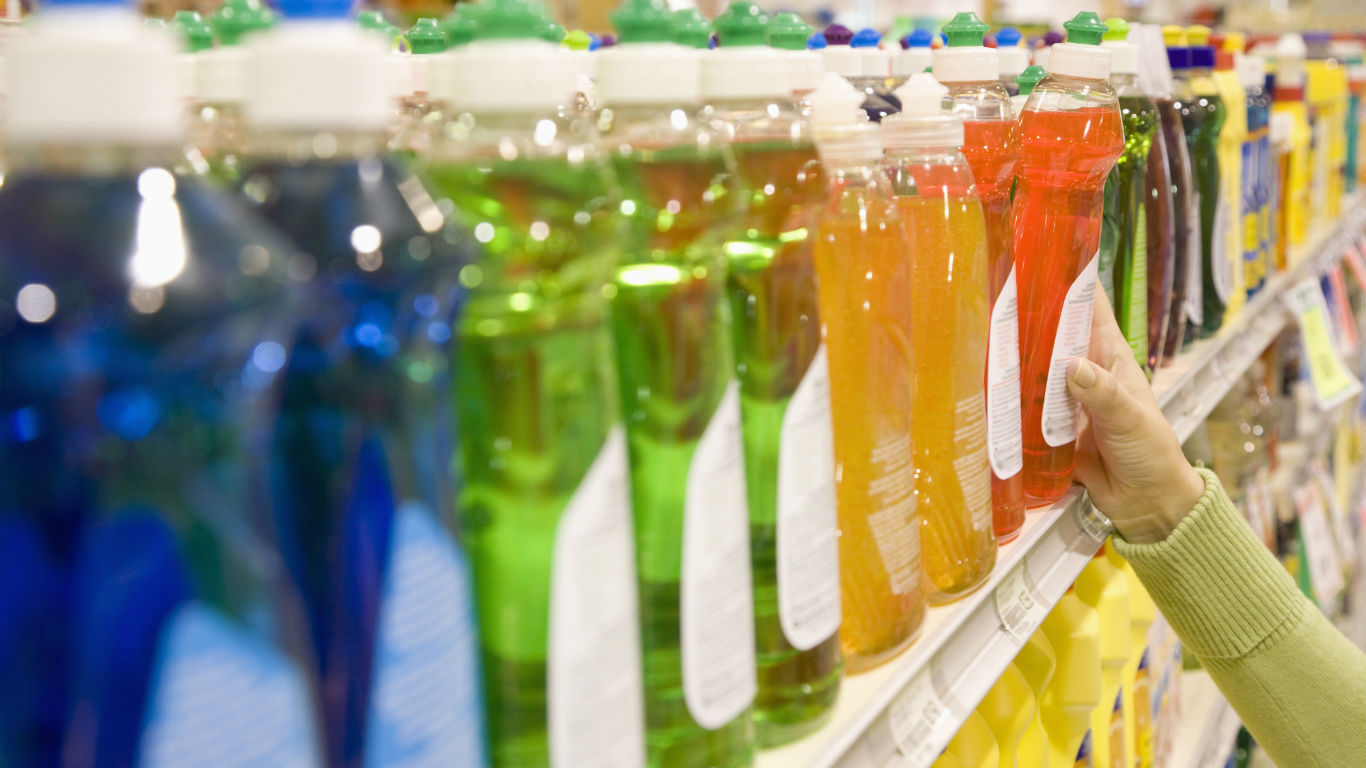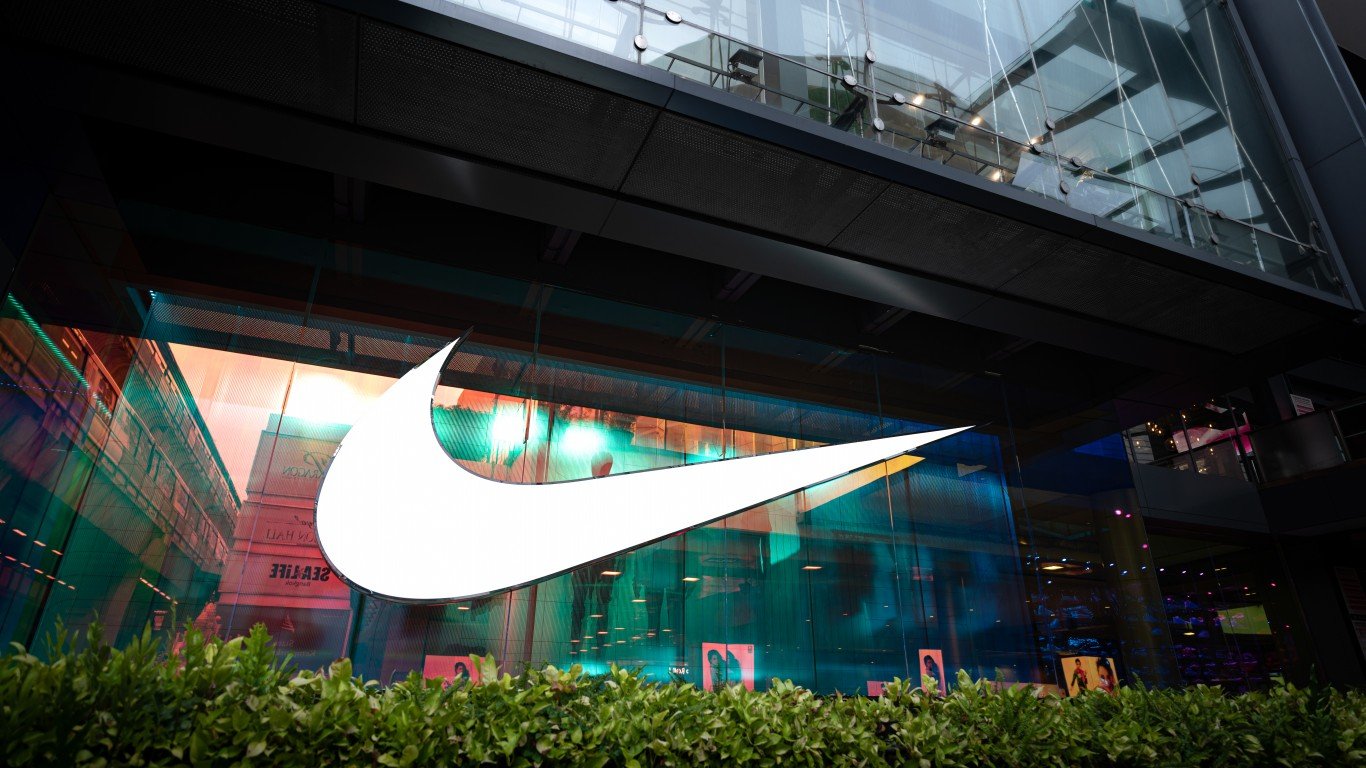

On Wednesday, President Trump signed an order directing the Secretary of the Department of Homeland Security, Kirstjen Nielsen, to prepare a report on the importation and sale of counterfeit goods “online third-party marketplaces and other third party intermediaries” in the United States. One of those marketplaces and intermediaries is Amazon.
In an op-ed published Tuesday in The Wall Street Journal, Peter Navarro, Trump’s assistant for trade and manufacturing policy, noted that customs laws have not kept pace with the surge in online sales and that “Alibaba, Amazon and eBay face virtually no liability when they act as middlemen for counterfeiters.”
In a report published last month, the Organisation for Economic Co-operation and Development (OECD) estimated that the sales volume in counterfeit and pirated goods totaled more than $500 billion in 2016, about 3.3% of all global trade that year. And that total does not include all counterfeit and pirated goods sold online. A report published in December 2017 by R Strategic Global estimated that the sale of counterfeit goods totaled $1.2 trillion that year and was on course to reach $1.95 trillion by 2022.
Selling fake goods is not a new problem, and this is not the first time Amazon has been nicked for doing too little to combat sales of fake goods on its websites. In early March, the company introduced an anti-counterfeiting offensive it calls Project Zero that focuses on automated scanning and a tool for brand holders to use to remove the fake items. There is doubt, however, about Amazon’s total commitment to driving counterfeit goods from its marketplaces.
The Trump directive is not the only U.S. government effort to combat sales of fake and counterfeit goods. Last October, the Office of the U.S. Trade Representative (OTR) received its final comments related to a coming revision of its 2017 Notorious Markets List.
Among the comments it received was one from the American Apparel & Footwear Association (AAFA) specifically calling out Amazon websites in the United Kingdom, Canada and Germany as “the most unresponsive and non-compliant Amazon marketplace extensions.” The AAFA’s grievances include fake brands of which Amazon is aware, may take steps to stop but ultimately permits to resurface.
Taobao, a Chinese e-commerce marketplace owned by Alibaba, also made the OTR’s Notorious Markets List, and while the agency commends Alibaba’s efforts to stop the sale of fake goods, OTR also notes that “important unresolved complaints remain,” including metrics that objectively assess the scale of counterfeit sales on the Taobao site.
The Trump order also instructs Secretary Nielsen to identify changes, including regulatory changes, that would enable federal agencies “to more effectively share information regarding counterfeit and pirated goods, including suspected counterfeit and pirated goods, with intellectual property rights holders, consumers, and third-party intermediaries.”
Consumers might like to know about fakes, but our bet is that what they would like most is to get their money back if they discover they have purchased a fake item. They also might want to hold a seller of fake goods liable for any damage, injury or loss of life due to the use of a fake item purchased at an online site.
In 2016, a hoverboard (remember those?) purchased from an Amazon Marketplace reseller caught fire and burned a Nashville, Tennessee, home to the ground. The owner filed a $30 million lawsuit against Amazon for failing to disclose the dangers of the product, but a court denied the claim. Amazon, as it has consistently done, invoked the argument that its Marketplace simply connects buyers and sellers, sort of like a rummage sale, and that the company has no liability regarding the safety (or authenticity) of the goods it sells.
Is it likely that the Trump administration will recommend either laws or regulations to hold online sellers like Amazon, Alibaba and eBay liable for the goods they sell? Even though Trump himself has little love for Amazon founder and CEO Jeff Bezos, the betting line on tighter regulation of the online market would have to be about 10 to 1, at best. After all, if Boeing can certify its own planes and chicken producers like Tyson can certify the safety of their food products, why would the federal government want to tighten regulations on e-commerce?
One consideration that may lead to significant results from Trump’s directive was spelled out by the AAFA in its comment on the Notorious Markets List: “[U.S.] tariffs will impose a tax on legitimately traded goods from China [whereas c]ounterfeiters … will likely avoid these duties, driving up the [difference] between legitimately traded items and their illegal knockoffs. This could have the unintended, adverse impact of driving certain consumers to purchase counterfeit goods as a cheaper alternative.”
Trade wars that are easy to win result in more losses for brands and consumers — collateral damage, as it were.
Sponsored: Attention Savvy Investors: Speak to 3 Financial Experts – FREE
Ever wanted an extra set of eyes on an investment you’re considering? Now you can speak with up to 3 financial experts in your area for FREE. By simply
clicking here you can begin to match with financial professionals who can help guide you through the financial decisions you’re making. And the best part? The first conversation with them is free.
Click here to match with up to 3 financial pros who would be excited to help you make financial decisions.
Thank you for reading! Have some feedback for us?
Contact the 24/7 Wall St. editorial team.



